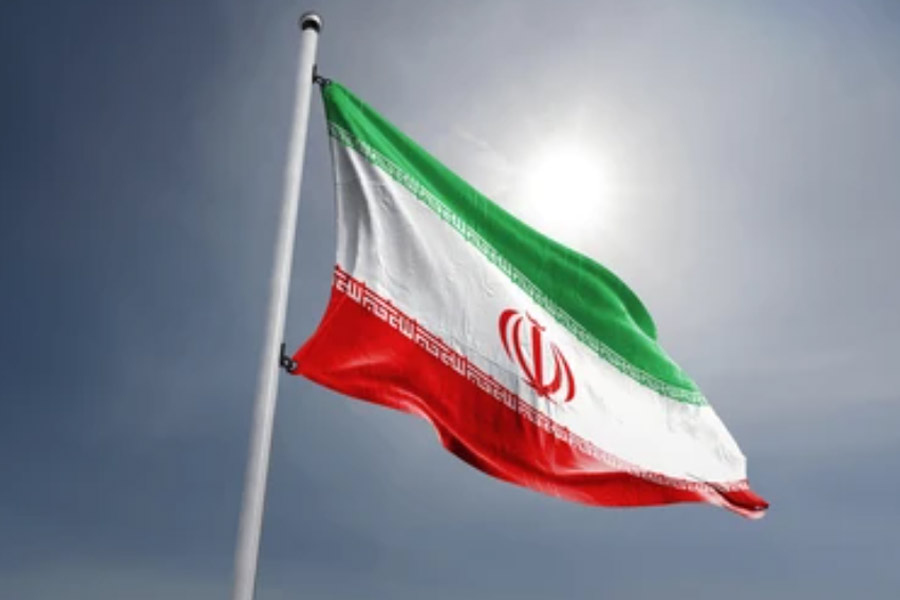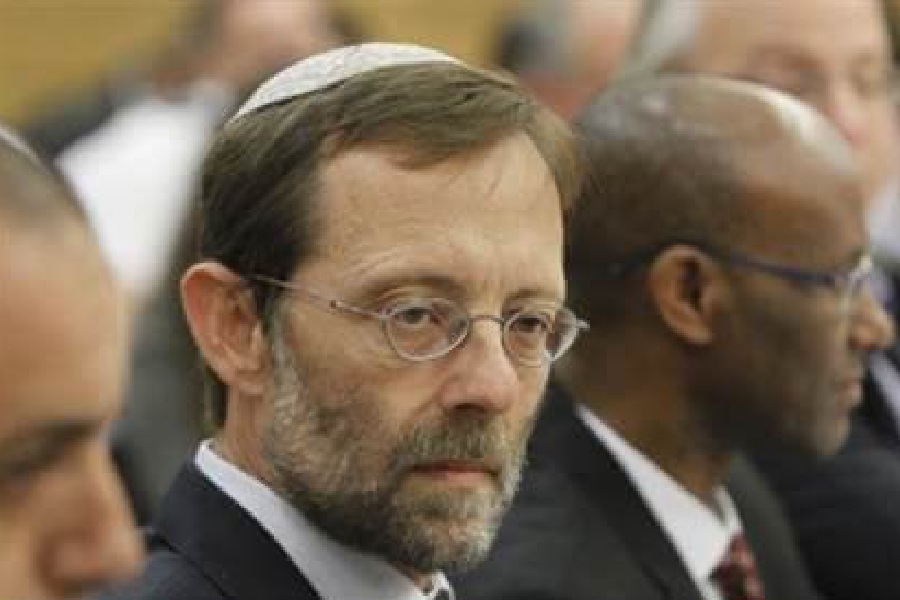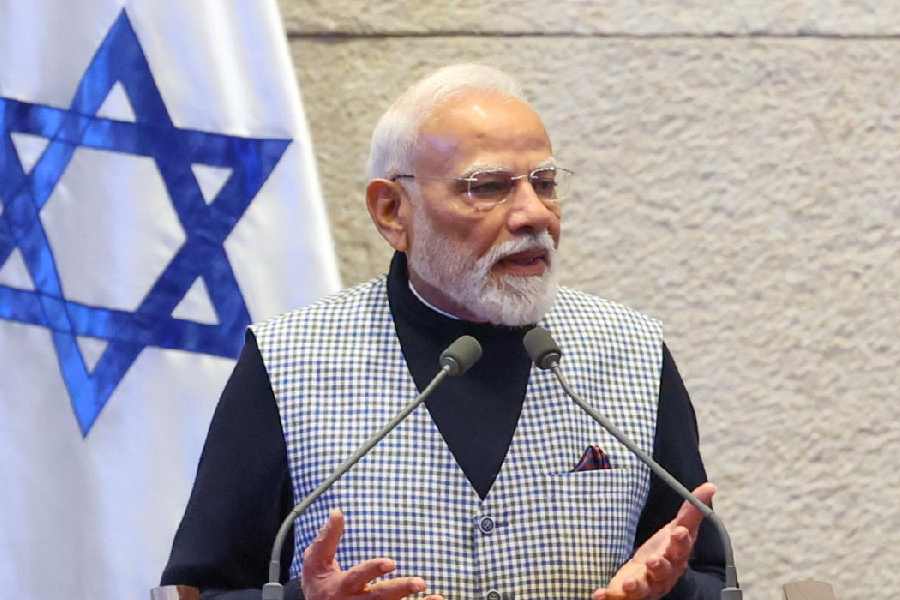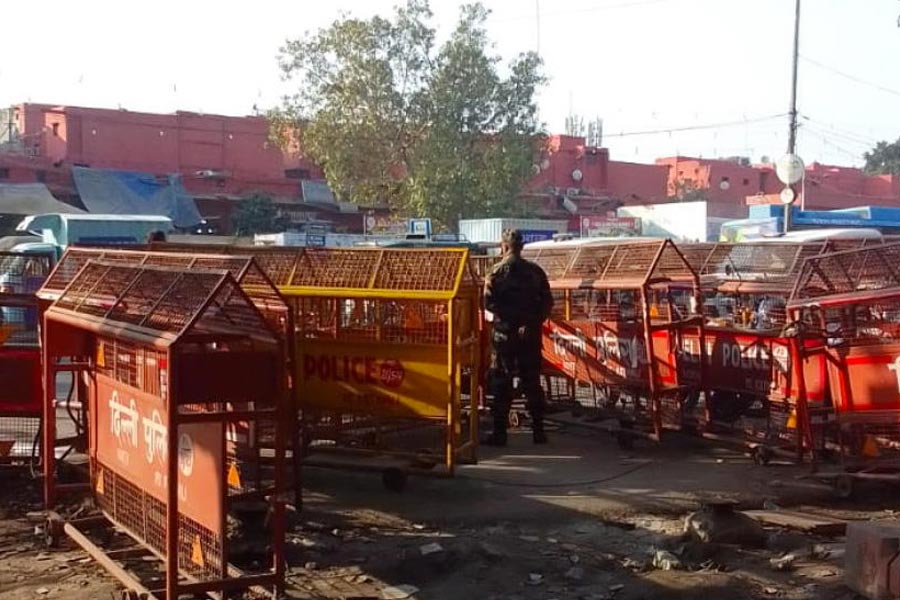The United States will bear legal responsibility in the event of an Israeli attack on Iranian nuclear facilities, foreign minister Abbas Araqchi said on Thursday, following a CNN report that Israel might be preparing strikes on Iran.
Iran and the US, Israel's closest ally, will hold a fifth round of nuclear talks on Friday in Rome amid deep disagreement over uranium enrichment in Iran, which Washington says could lead to developing nuclear bombs. Iran denies such intent.
Citing intelligence sources, CNN said on Tuesday it was not clear whether Israel had made a final decision on military action and that US officials disagreed about whether the Israelis would ultimately decide to attack.
“Iran strongly warns against any adventurism by the Zionist regime of Israel and will decisively respond to any threat or unlawful act by this regime,” Araqchi said in a letter addressed to United Nations Secretary-General Antonio Guterres.
Araqchi said Iran would view Washington as a “participant” in any such attack, and Tehran would have to adopt “special measures” to protect its nuclear sites and material if threats continued, and the watchdog International Atomic Energy Agency would be subsequently informed of such steps.
Although Araqchi did not specify what measures were being considered, an adviser to Iran's Supreme Leader said in April that Tehran could suspend cooperation with the IAEA or transfer enriched material to safe and undisclosed locations.
In a separate statement released on Thursday, Iran’s elite Revolutionary Guards warned Israel would receive a "devastating and decisive response" if it attacks Iran.
"They are trying to frighten us with war but are miscalculating as they are unaware of the powerful popular and military support the Islamic Republic can muster in war conditions," Guards spokesperson Alimohammad Naini said.
A collapse of US-Iran negotiations or a new nuclear deal that does not alleviate Israeli concerns about Iran developing nuclear weapons through enrichment could motivate Israeli strikes on its regional arch-foe, diplomats say.
On Tuesday, Iranian Supreme Leader Ayatollah Ali Khamenei said U.S. demands that Tehran stop refining uranium were "excessive and outrageous," and he voiced doubt over whether talks on a new nuclear deal would succeed.
Tehran maintains its nuclear energy programme is exclusively for civilian purposes.
Iran and Israel engaged in direct exchanges of fire last year, in April and October, raising the risk of regional conflict.












